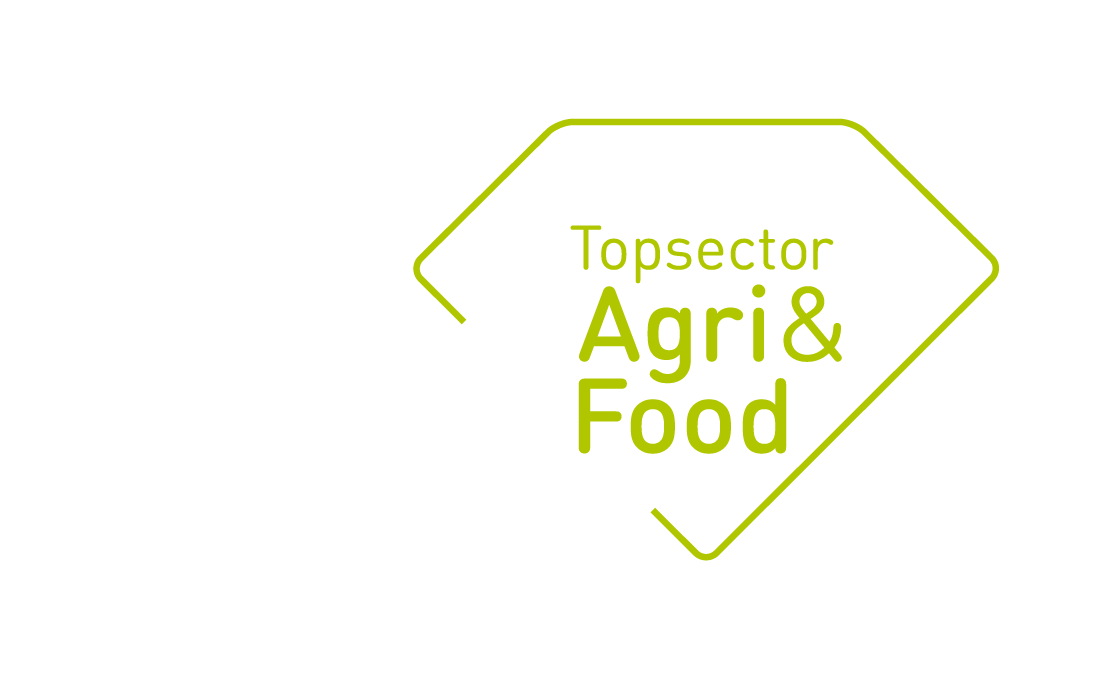Processing residual flows at the source
Summary
The change from a fossil economy to a bio-based economy requires maximum utilization of biomass. Various residual flows are created during harvesting and processing of crops, which would cover this need to a certain degree if profitable extraction technologies were available.
How does the project help?
The project has explored whether it is possible to create economically attractive concepts through small-scale bio refinery for specific biomass flows (green leaf and foliage, corn, sugar beet, natural-/roadside grass, cane, organic waste and aquatic biomass). Extraction at the source of the residual flow is key here; this will avoid unprofitable transport steps and the producer will benefit from adding value to residual flows.
What has the project achieved?
The project has shown, amongst others things, that the processing of sugar beets and stevia into chemicals can be put into practice relatively quickly. The project has also resulted in interesting business cases processing algae into cattle feed and crop protection products.
Project information
Project title: Small-scale bio refinery
Project number: AF-12040
Duration: 2013 – 2016
Public budget: € 3,304,000
Private budget: € 3,351,000
Project partners: BC Kroos, Algae Food & Fuel, Algaecom, Appeven, BioClear, BIONND, Bodec, BOM Aqua, Byosis, Cosun, CSVCOVAS, Den Ouden Groen Recycling, DSD, Ecofys, DLO, Eneco, Feyecon, Flevosap, Greenport Venlo Innovation Centre, Heijmans, Hoogesteger, HVC, Imperial Ventures, Kelstein, Keulen Groep BV, KplusV Advies / ProLeaf consortium, Laarakker, Melkveehouderij Geenen, Natuurgas Overijssel, Nettenergy, Productschap Akkerbouw, Schulp Sap, Syncom, Van Antwerpen Milieutechniek, Van Benthum, Van der Poel, ZLTO, Wageningen Research
Share this Post

